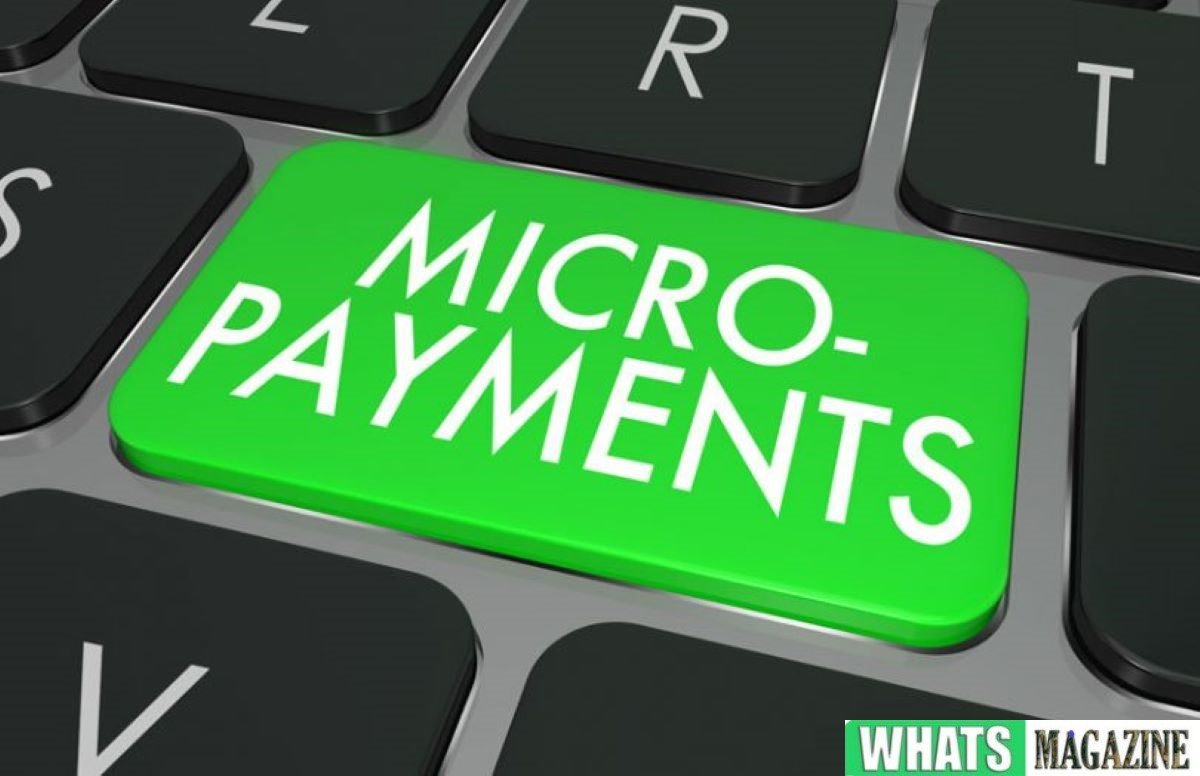Cryptocurrencies have revolutionized the way people transact online, particularly for micropayments and small transactions. The decentralized nature of cryptocurrencies offers security and low transaction fees compared to traditional payment systems. Here are the best cryptocurrencies for micropayments and small transactions. If you’re searching for something recognizable to trade, the bitcoinsystem platform operates similarly to other cryptocurrency exchange platforms available on the market.
In this article
Bitcoin Cash (BCH)
Bitcoin Cash (BCH) is a cryptocurrency created in 2017 as a fork of Bitcoin (BTC). BCH is designed to be faster and cheaper to use than Bitcoin, making it a great option for small transactions. It has a larger block size limit than Bitcoin, which means that it can handle more transactions per block, leading to faster confirmation times and lower transaction fees.
BCH also offers some unique features such as smart contracts and atomic swaps, which allow users to exchange different cryptocurrencies without the need for a centralized exchange. This makes it a versatile cryptocurrency for micropayments and small transactions, as well as more complex use cases.
Nano (NANO)
Nano (NANO) is a cryptocurrency that uses a unique technology called block-lattice, which allows for instant and feeless transactions. This means that Nano is perfect for small transactions and micropayments as users can send and receive transactions instantly without incurring any fees.
Nano’s block-lattice technology also offers scalability, which means that it can handle a large number of transactions without experiencing delays or high fees. Additionally, Nano is environmentally friendly as it uses very little energy compared to other cryptocurrencies such as Bitcoin, making it a sustainable option for micropayments and small transactions.
Litecoin (LTC)
Litecoin (LTC) is digital money made in 2011 as a fork of Bitcoin. It is intended to be quicker and less expensive to use than Bitcoin, with lower exchange charges and quicker affirmation times. This makes it a great option for micropayments and small transactions.
Litecoin also offers some unique features such as atomic swaps, which allow users to exchange different cryptocurrencies without the need for a centralized exchange. It also has a large user base and is widely accepted by merchants and businesses, making it a versatile option for both small and large transactions.
Ripple (XRP)
Ripple (XRP) is a cryptocurrency created in 2012 that is designed for global payments. It uses a unique consensus algorithm called the Ripple Protocol Consensus Algorithm (RPCA) to validate transactions, which allows for fast and cheap transactions.
Ripple’s main focus is on facilitating large transactions between financial institutions, but it is also a great option for micropayments and small transactions. It has low transaction fees and fast confirmation times, and it is widely accepted by merchants and businesses.
Stellar (XLM)
Stellar (XLM) is a cryptocurrency created in 2014 that is designed for global payments. It uses a unique consensus algorithm called the Stellar Consensus Protocol (SCP) to validate transactions, which allows for fast and cheap transactions.
Stellar’s main focus is on facilitating large transactions between financial institutions, but it is also a great option for micropayments and small transactions. It has low transaction fees and fast confirmation times, and it is widely accepted by merchants and businesses.
It is worth noting that the cryptocurrency market is highly volatile, and the value of cryptocurrencies can fluctuate rapidly. It is essential to consider this when using cryptocurrencies for micropayments and small transactions. Additionally, some merchants and businesses may not accept cryptocurrencies due to their volatility and lack of regulatory oversight. However, with the increasing adoption and integration of cryptocurrencies into the mainstream economy, more merchants and businesses are likely to accept them as a form of payment in the future. Overall, the use of cryptocurrencies for micropayments and small transactions is a promising development that offers users greater convenience, security, and efficiency.
Conclusion
In conclusion, cryptocurrencies offer a convenient and secure way to transact online, particularly for micropayments and small transactions. Bitcoin Cash, Nano, Litecoin, Ripple, and Stellar are some of the best cryptocurrencies for micropayments and small transactions due to their low transaction fees, fast confirmation times, and versatility.
When choosing a cryptocurrency for micropayments and small transactions, it is essential to consider factors such as transaction fees, confirmation times, scalability, and environmental impact. With the right cryptocurrency, users can enjoy fast and cheap transactions without compromising security or sustainability.








